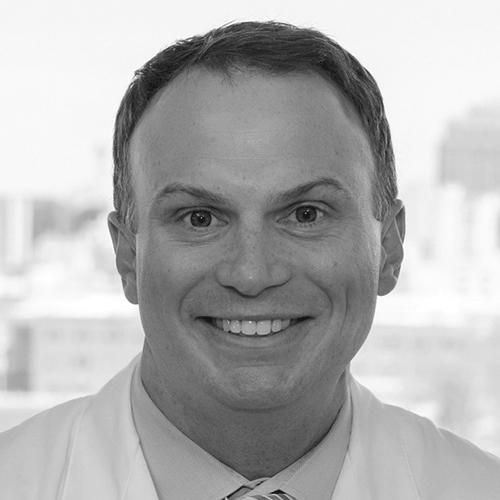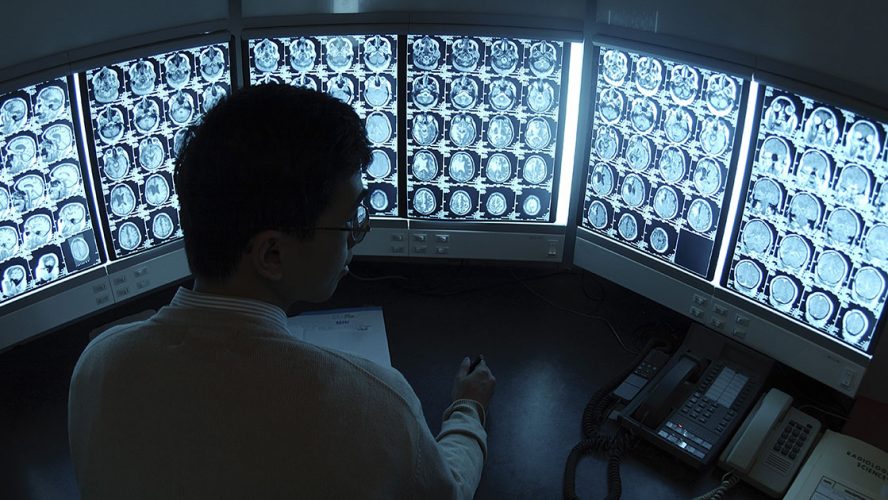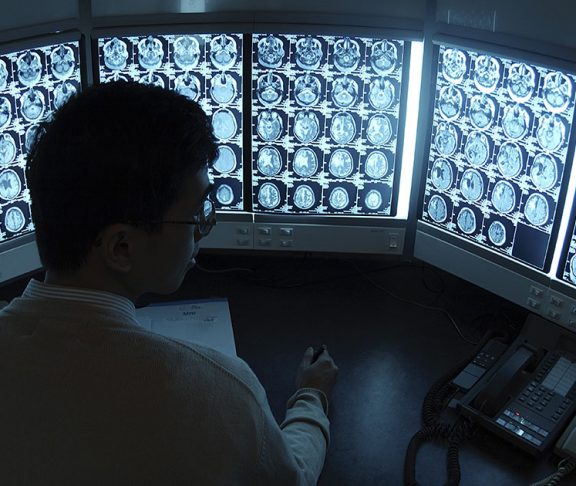A neurology specialist applies his decades of expertise to questions about the state of stroke care, offering hope for advanced treatment and recovery.

What do you believe is the biggest misconception regarding stroke?
The biggest misconception surrounding stroke remains the belief that medicine doesn’t have therapies to help stroke patients. This just isn’t the case. In fact, many new therapies have evolved over the past 20 years to improve the survival rate and quality of life for patients suffering from stroke. There are now proven surgical (endovascular), medical and rehabilitation therapies offered to a growing population of stroke patients that are making a positive difference in this important patient population.
Why is it so important to have an understanding of stroke risk factors?
There are many modifiable risk factors for patients to focus on that, when controlled, significantly lower your chances of having a stroke. There is solid evidence suggesting patients can reduce their stroke risks by tightly controlling blood pressure; keeping blood sugar levels in check if you’re diabetic; stopping smoking; avoiding alcohol and illegal drugs; taking your prescribed medications; routinely visiting a primary care doctor; and exercising daily while maintaining a healthy diet. If patients can modify these important risk factors, they will dramatically decrease their chances of having a stroke, heart attack and other vascular diseases related to atherosclerosis.
What is one exciting innovation you believe will make a major impact in stroke prevention or recovery?
Endovascular stroke rescue has quickly become one of the hottest topics in stroke care. This therapy involves using microvascular surgery to remove blockages (clot) of arteries in the brain that are causing stroke. This lifesaving, minimally invasive surgery can now be offered up to 24 hours after stroke symptoms begin in certain patients. The research investigating this novel therapy has been overwhelmingly supportive of the benefits of such emergent surgery to help give stroke patients a greater chance at a meaningful recovery and quality of life.
What advice would you give someone who is in the process of recovering from a stroke?
Don’t give up hope. Many stroke patients recover function, and it’s important to keep a positive attitude and enthusiasm as you work on rehabilitation. The rehabilitation teams do amazing work when the patient and team are aligned in their recovery goals. A positive attitude goes as far as when a patient is asked, “Can you lift your arm?”, some patients respond with, “No,” despite tremendous effort. I coach these early stroke patients about answering, “Not yet,” instead. It is a subtle difference, but the implication is recovery is going to happen and will continue if the patient works hard. It is important for patients to know that the duration of stroke recovery is measured in months, and that significant gains in function can be seen even up to a year later. Just as importantly, family support, faith and social interaction are paramount for all stroke patients to have to achieve the most meaningful recoveries.

